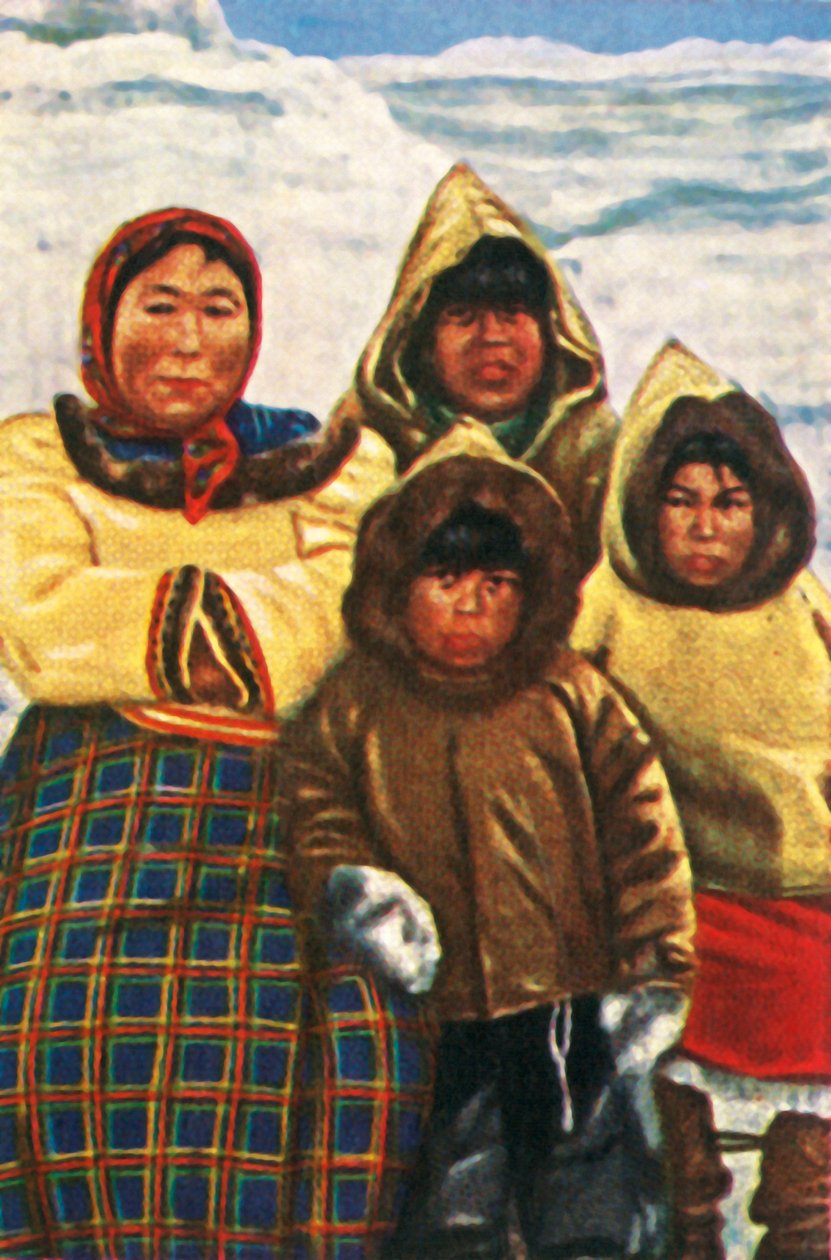Throughout the cold war, the USA and the USSR engaged in space exploration as a proxy for hostilities. In 1993, amid improving relations, American Vice-President Al Gore and Russian Prime Minister Viktor Chernomyrdin announced plans for a new space station, which eventually became the International Space Station, which would enable cooperative research and observation, and potentially transportation, maintenance, and a staging base for possible future missions to the Moon, Mars, and asteroids.
Astronauts on the International Space Station – who come from various different backgrounds, not just the USA and Russia – are all expected to know both English and Russian, but as many are not proficient in both, over the years the ISS crews have developed their very own pidgin language that combines words, sounds, phrases, and expressions from both Russian and English, which they refer to as ‘Rushglish’.
Photo Source: https://www.smithsonianmag.com/science-nature/how-cold-war-politics-shaped-international-space-station-180975743/









